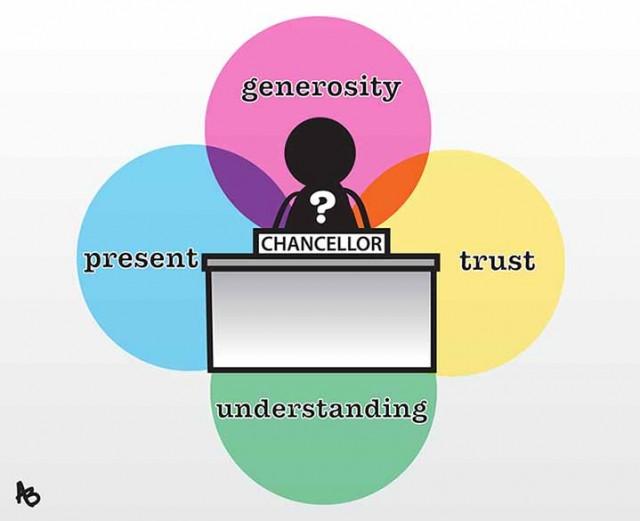By connor hamilton/ nw news editor
The evolution of technology in schools has changed the way some students take notes in their classes. Aside from the traditional method of using paper and pen, students everywhere can be seen typing notes into their phones, laptops, tablets, netbooks and other electronic devices.
What students may not realize, however, is that electronic note-taking greatly impacts the amount of information they actually retain and not for the better.
Research conducted by Pam Mueller and Daniel Oppenheimer of Princeton University and the University of California-Los Angeles proved after experimenting with hundreds of students, half who took notes with pen and paper and the other on laptops, those who used pen and paper tended to learn more information.
The problem with taking notes electronically has to do with the way the information is being processed. On a laptop, students are tempted to copy down word for word what the speaker is saying. The brain is more focused on a word count than on the actual information being typed.
In handwritten notes, because writing is much slower than typing, students are forced to write down only the most important information from the speaker similar to highlighting in a textbook. This means students writing on paper are actively listening to the speaker and, in turn, are processing the information better.
Notes taken with pen or pencil are also easier to study because the information has already been paraphrased. These notes are also permanent.
Students who type their notes may be forced to sift through useless information before finally finding what it is they need to review. Also, because no technology is perfect, students run the risk of having their notes accidentally deleted.
Technology is an important staple to most students that can be beneficial in a variety of ways, but when it comes to taking notes, students are probably better off sticking with paper.




























